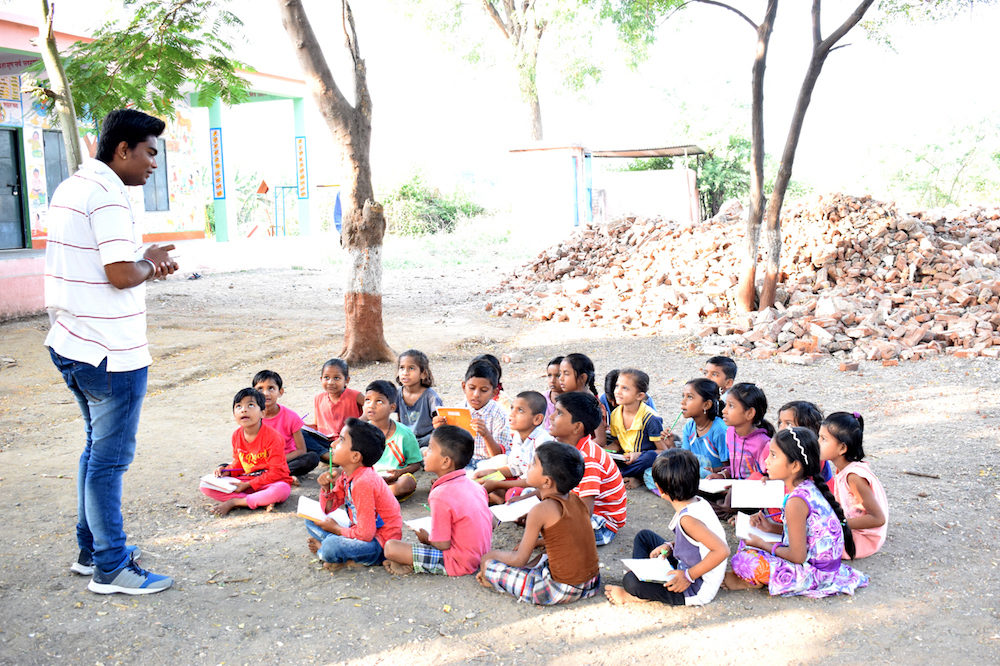
The importance placed on education in India
A well-rounded education of a child is the priority of every parent irrespective of social or economic status. As per the United District Information System for Education Plus report for school education in India, the country has 26.45 crore students enrolled. According to a report from HSBC, 83% of parents surveyed in India are paying for or have paid for private tuition for their kids, while the global average is 63%. Since education is viewed as a critical aspect of a child’s overall development, the report also suggested that ~82% of parents are ready to make personal sacrifices for their child to succeed.
All of the above points towards increasing spending on education in India, most of which is going towards the informal education space of tutors, coaching and co-curricular training. With per capita income growing from Rs 72,805 in FY15 to Rs 94, 954 in FY20, we see greater spend towards education.
Growth of online-focused after-school start ups
We have seen a strong influx of edtech startups focusing on after school K-12. With the market ripe for growth considering rising incomes, large population in schools, higher spends on education and the Jio phenomenon, there is a greater scope for penetration in this space.
Massive opportunity in the co-curriculars space
While companies like Byju’s, Vedantu, Upgrad, Unacademy have been in the good graces of the investor community to receive majority of the funding in edtech, an area that is yet to receive a similar backing is co-curriculars space. There was a time when Indian parents used to feel singing, dancing, art, language classes are nothing but a frivolous expense, new age parents understand the holistic development of a child and are encouraging co-curriculars (rebranded from ‘extra’ curriculars).
Coaching for music, dance, art, language today costs anywhere between Rs 5,000 to Rs 20,000 per month per child. These costs are not low by any standards if we consider the annual per capita income in a country like India is sub Rs 1,00,000. It will help readers to note that most of these prices may be more urban-centric, and would go lower as we move towards Tier 2 towns and below.
Unstructured, unorganized and offline
Despite more focus on co-curriculars and higher spending by parents, this market is dominated by solo-tutors plying their trade in a very hyper-local and offline manner. Parents have no way of filtering tutors by coaching style, ability, and impact, thereby becoming value takers despite paying top dollar for these services. Quality and geography become the biggest limitations to the child’s overall development. Parents are forced to send their children to nearby classes which may or may not be the best available option for the children.
COVID-19 acted as another hurdle in child development when most offline coaching classes remained shut for months at a stretch, and many shut down for good due to a cash crunch or rising fixed expenses with no reciprocal income flowing in during the lockdowns. With schools moving online and becoming (more?) efficient, parents started voicing their concerns over the quality and efficiency of coaching centres as well. Technological advancements are hard to overturn and coaching centres are facing these pushbacks from parents.
All of the above- rising incomes, large schooling population, increasing spending on education, learning for yearning, hyper-local tutors, quality concerns and offline style of tutoring makes the co-curricular market ripe for disruption.
The question is – How does this opportunity for disruption translate into an actionable for investors? Stay tuned for Part 2 where we will share our key concerns on the investment thesis.